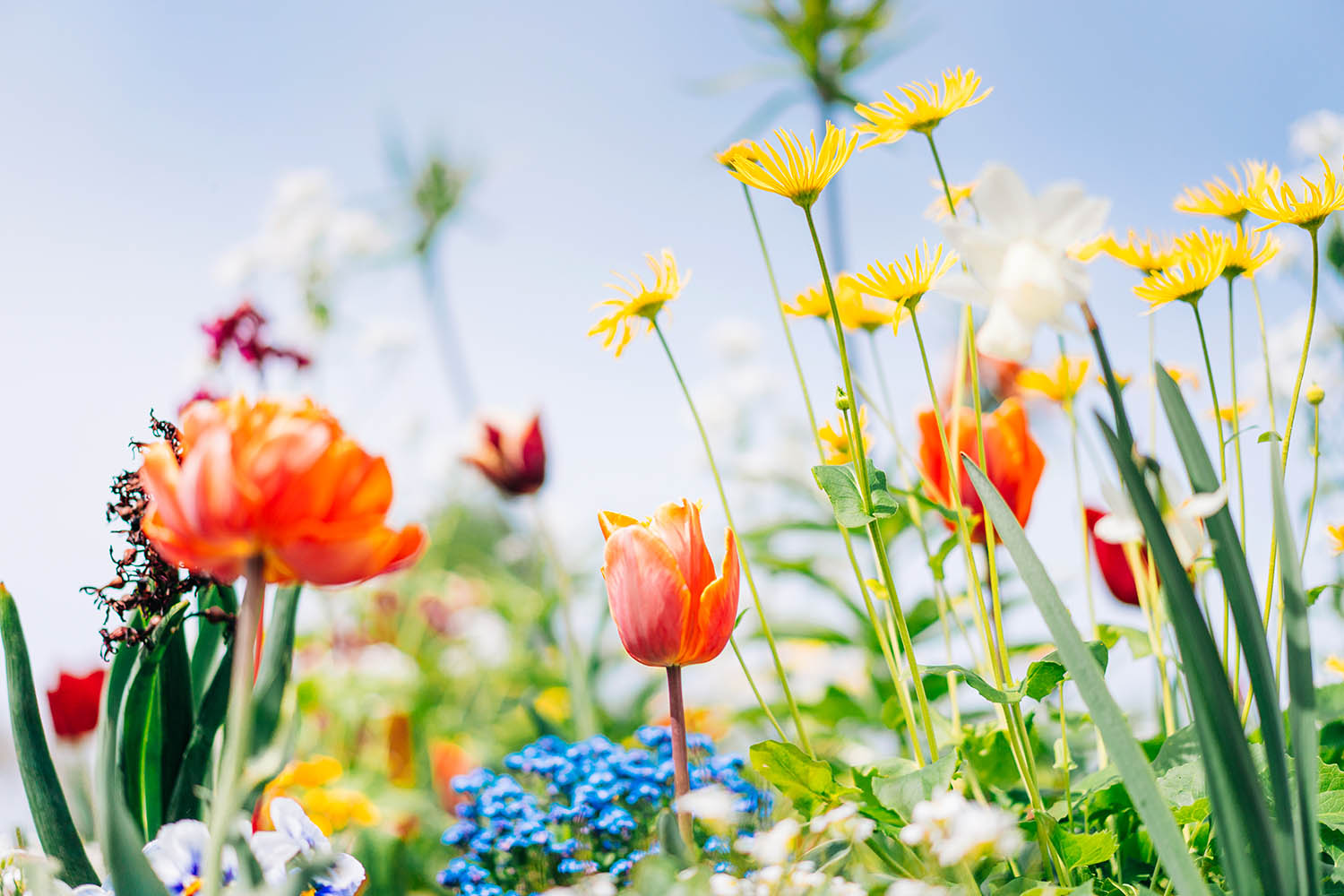In May 2023, the Bulgarian author Georgi Gospodinov (along with his translator, Angela Rodel) won the International Booker prize for his novel Time Shelter. That same month his father, who for years had been obsessively tending a garden from an abandoned yard outside Gospodinov’s brother’s house, wrote in a journal a series of notes “from the field of everyday life, with a practical focus”. These entries are minimal: “Planted the cannas and dahlias … watered the potatoes, watered the cucumbers … ”
Gospodinov’s own year is a whirlwind of prize-related activity, taking him far across Europe. His father’s life is equally full and active. The gardening is backbreaking work for a man of nearly 80; in December, five days before Christmas, he will die from a recurring cancer that had been in remission. “The garden was his other possible life,” writes Gospodinov in an exquisitely tender novel about the last pain-ridden days of a proud, unworldly man and a middle-aged son’s grief: a meditation on the meaning of fatherhood, and how childhood only really ends with the deaths of one’s parents. “The voice unused, and everything left unsaid. He would speak through it and his words were apples, cherries, big red tomatoes.”
Death and the Gardener is pleasurably absurdist yet elegiac. The story of a man who was “the hero of our childhood”, it also reflects on Bulgaria during and after Communist rule. It is full of revealing anecdotes, such as how each year a doctor’s note excused the father from the annual mandatory celebration of the Red Army’s arrival in Sofia in 1944. Instead, he would spend that day working the chushkopek (pepper roaster) on his balcony from where “he would wave … at all the folks heading to the demonstration, imitating the General Secretary of the Communist Party’s specific wrist movement”. He was a man as radical, in his own way, as his son’s illuminating prose.
Order Death and the Gardener from observershop.co.uk for a 10% discount. Delivery charges may apply
Photograph by Olena Malik/Getty Images
Newsletters
Choose the newsletters you want to receive
View more
For information about how The Observer protects your data, read our Privacy Policy
